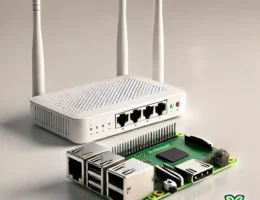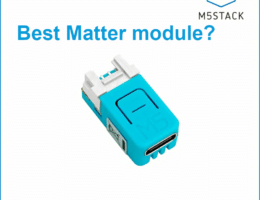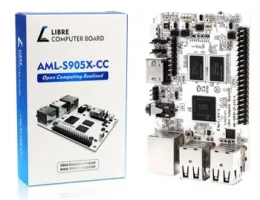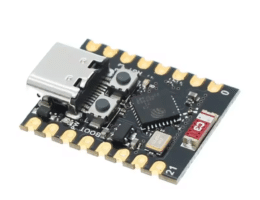When it comes to the world of smart home technology, two popular options for wireless communication are Matter and Zigbee. Both of these protocols allow for devices to connect and communicate with each other, making it possible to create a seamless and connected home experience. However, the question remains: is Matter better than Zigbee?
To answer this question, we need to take a closer look at each of these protocols, their capabilities, and their limitations.
Matter, previously known as Project CHIP (Connected Home over IP), is a new smart home protocol that was developed by a group of industry leaders including Amazon, Apple, Google, and the Zigbee Alliance. The goal of Matter is to create a unified standard for smart home devices, making it easier for devices from different manufacturers to work together seamlessly.
One of the main advantages of Matter is its interoperability. With Matter, devices from different manufacturers can work together without the need for additional hubs or bridges. This means that you can easily add new devices to your home network without having to worry about compatibility issues.
In addition to interoperability, Matter also boasts strong security features. The protocol uses end-to-end encryption to protect data transmitted between devices, ensuring that your personal information and sensitive data remain safe.
On the other hand, Zigbee has been around for quite some time and has established itself as a reliable and widely used smart home protocol. Zigbee devices use low-power wireless communication to connect to each other and to a central hub. Zigbee also has a strong ecosystem of manufacturers, which means that there are a wide variety of compatible devices available.
One of the advantages of Zigbee is its ability to create mesh networks. With Zigbee, devices can communicate with each other directly or through other devices in the network, which can help to extend the range of your network.
However, Zigbee does have some limitations. One of the main issues with Zigbee is its lack of interoperability with devices from other manufacturers. This means that if you want to add a new device to your Zigbee network, you may need to purchase a separate hub or bridge.
So, is Matter better than Zigbee? It really depends on your needs and preferences. If interoperability and security are top priorities for you, then Matter may be the better option. On the other hand, if you already have a Zigbee network set up and are happy with the devices available, then there may be no need to switch to Matter.
In conclusion, both Matter and Zigbee have their strengths and weaknesses, and the best choice for your home will depend on your specific needs and preferences. However, with the development of Matter, we can expect to see a more unified and interoperable smart home ecosystem in the near future.



